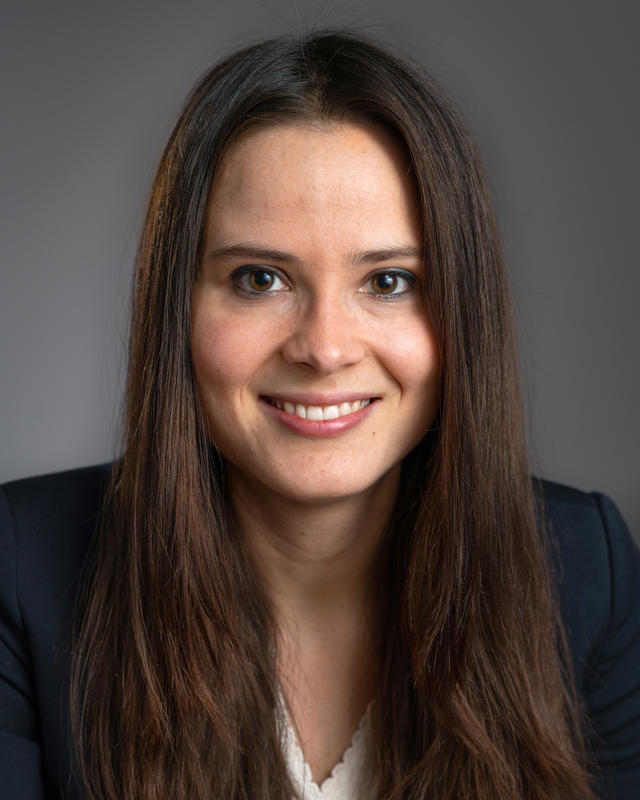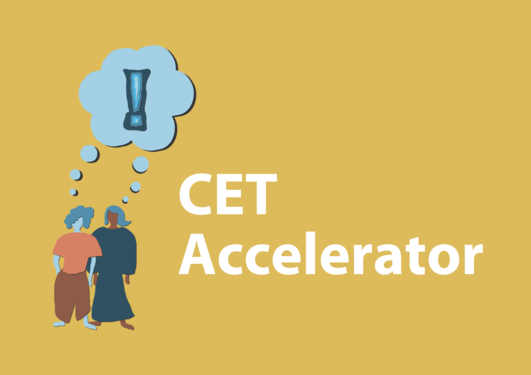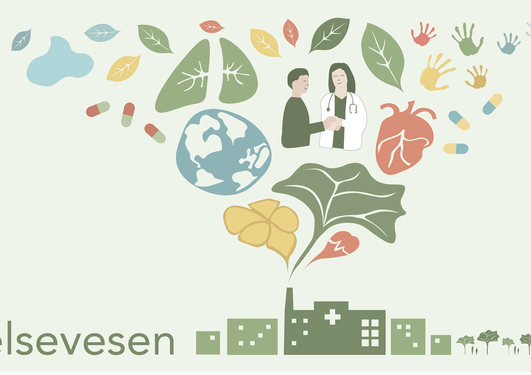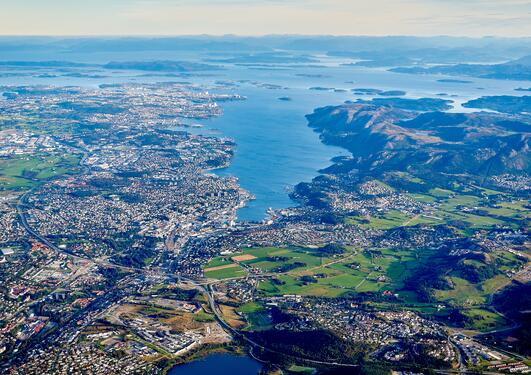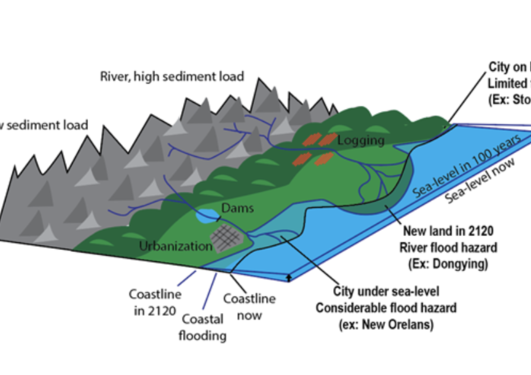Esmeralda Colombo: Climate Risk
Esmeralda Colombo har fått støtte til to prosjekt gjennom CET Accelerator. Begge ga henne muligheten til å bygge nettverk og formidle forskning.

Hovedinnhold
Esmeralda Colombo var stipendiat ved UiB da hun våren 2019 fikk støtte til sitt første CET Accelerator-prosjekt. Med Climate Risk and Sustainable Performance søkte Colombo å finne ut av hvordan man som ung forsker kan bygge nettverk.
Resultatet ble konferansen Investing in our future, divesting from our past: From Climate risk to climate opportunity, en artikkel Det norske paradokset» i Klimasøksmål Arktis: ein rettsleg analyse av økonomiske vurderingar, Retfærd (2020), Volume 2, 47-70 og en prosjektsøknad til Forskningsrådet.
Seed fundingen jeg fikk fra CET Accelerator februar 2019 muliggjorde noe som ved første øyekast virker umulig for en ung, kvinnelig forsker: Å starte et internasjonalt nettverk, organisere en konferanse, og ta momentet videre inn i en prosjetksøknad til Forskningsrådet. Jeg er veldig takknemlig for denne muligheten!
Climate Risk and Democratic Energy Policies
Colombo fikk støtte til et nytt prosjekt høsten 2020, denne gangen under CET Accelerator Ideas and communication. Prosjektet Climate Risk and Democratic Energy Policies hadde som mål å kommuniere forskningens rolle i å depolarisere og demokratisere energipolitikk.
Prosjektet resulterte i en podcast på tre episoder: ClimatenergyTalk! ble laget i samarbeid med Klimafestivalen §112, og er publisert på CETs podcast-side.
Under kan du lese om de ulike episodene:
ClimatenergyTalk!
The years 2020 and 2021 have shown how the role of scientists is all the more important. During Klimafestivalen §112 Bergen 2021, the Center on Climate and Energy Transformation at the University of Bergen (CET) launched a series of three podcasts on Climate Risk and Democratic Energy Policies: Climatenergy Talk! The podcast series aims to communicate to the larger public on the role of science - the social and natural sciences - for depolarizing and democratizing energy policies. The series is endorsed by the Norwegian Climate Foundation and Juridika Innsikt. Creator and host is Esmaralda Colombo, Producer is Mainstream AS.
Episode 1; Epistemic Communities: The Role of Scientists for Deep Decarbonization.
The first episode is on Epistemic Communities: The Role of Scientists for Deep Decarbonization, hosting philosopher Associate Professor Kjetil Rommetveit. Kjetil takes us onto a journey to discover how social and natural scientists are working together across sectors to support policy making—often to better up national and global climate politics, and offer new perspectives, or imaginations, on reality. To this point, he is the editor of the book 'Post-truth Imaginations' forthcoming for Routledge in 2021.
Episode 2: The Climate Casino: Drilling Down on the Norwegian Climate Change Case
The second episode focuses on the economic analyses for expanding the petroleum industry in the Norwegian Arctic, which constituted one of the objects of controversy in the one and only lawsuit ever filed in climate change matters in Norway, People v Arctic Oil. The government's economic analyses on the expansion of the petroleum industry became controversial as independent experts showed that drilling in the Arctic can be socially unprofitable for the Norwegian society. The name of this second episode is The Climate Casino: Drilling Down on the Norwegian Climate Change Case, hosting the two expert witnesses in the case, Prof. Mads Greaker and Prof. Knut Einar Rosendhal, who collaborated with lawyers and wrote a landmark report.
Episode 3: The Green Tumbling: Can Sustainable Finance Combat Climate Change?
The third episode, The Green Tumbling: Can Sustainable Finance Combat Climate Change?, delves into sustainable finance with Lisa Sachs, the Director of the Columbia Center on Sustainable Investment in New York City. So-called "sustainable investment" funds grew in both number and value over 2020, as the real economy shuddered from the effects of COVID-19. At the same time, a growing number of companies, investors and banks are making net-zero commitments, while financing for fossil fuel infrastructure continues to grow. Lisa will help us understand these trends, how to decipher meaningful commitments and action from greenwashing, and what steps are needed to align the financial sector with the Sustainable Development Goals and the Paris Climate Agreement.
